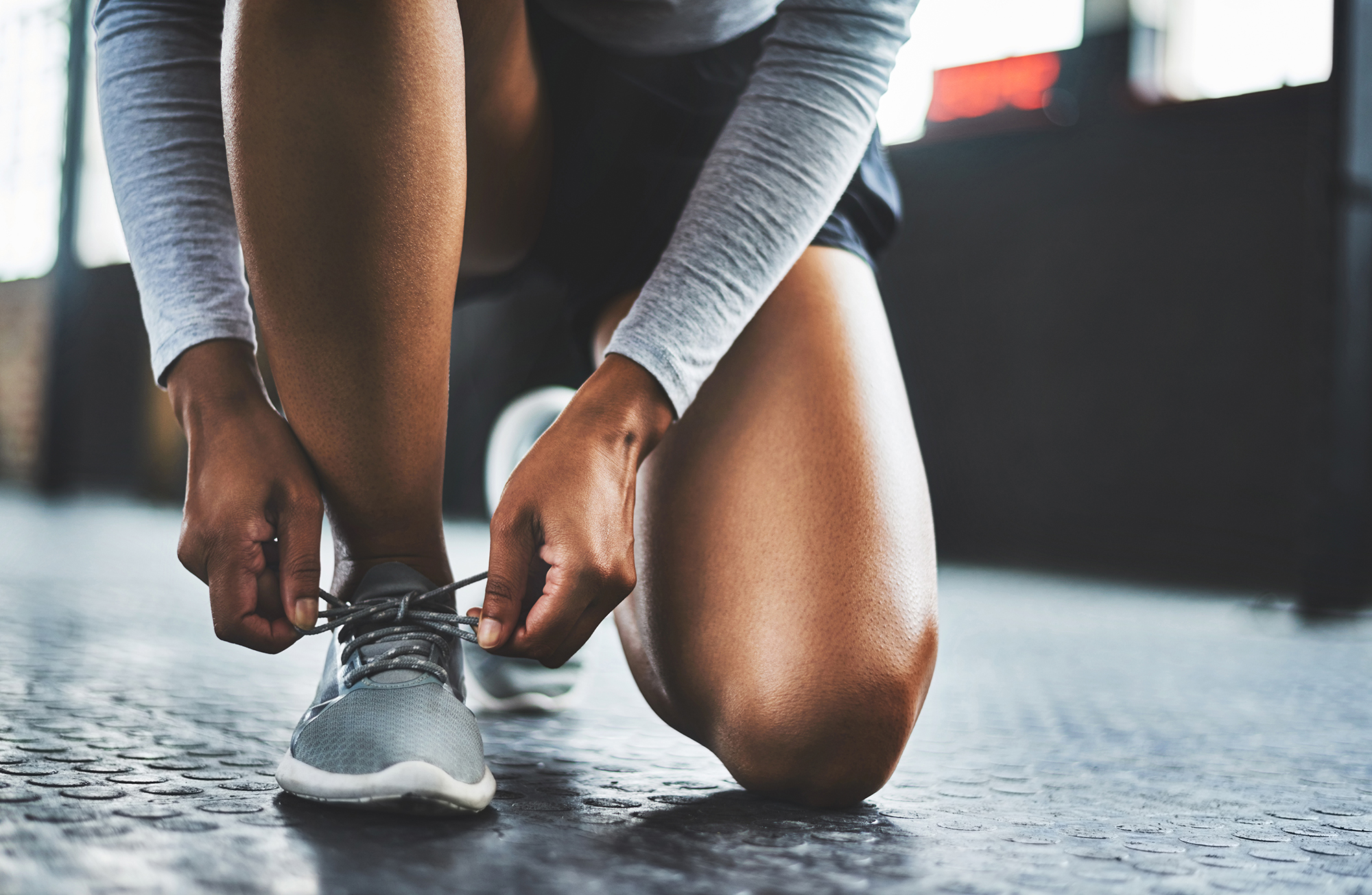To achieve optimal health and wellness, it’s typically understood that regular involvement in sports and exercise is part of the journey. After all, sports and exercise help create a lean, healthy body. It also does this while building endurance and strength. While intentional movement is excellent for the heart, mind, and body, there are hormonal impacts to consider.
In the same way, it’s possible to overindulge in anything; consistently pushing your body through overly aggressive workout sessions can lead to significant harm. Excessive exercise can result in burnout, hormone disruption, and even the physical breakdown of your body.
Though small and seemingly minor, your hormones truly run the show. They influence everything from your ability to metabolize fat to your capacity to stabilize your mood. When you continually push and overtrain your body, this delicate system can be thrown off balance. One consequence is the underproduction of HGH. The HGH hormone is a pivotal hormone involved in fat metabolism, anti-aging, and physical performance.
Consider some of the many ways overtraining can harm your hormones and why HGH is essential for maintaining strength and resiliency.
Overtraining: When the Body Fails to Keep Up
To build muscle, burn fat, and increase endurance, it’s important to engage in exercises that challenge the body. However, there’s a fine line between challenging your body and breaking it down. If you’re completing high-intensity workouts every single day, you’re on a fast track to burnout. It’s far healthier to mix a few high-intensity training sessions with lighter recovery workouts and proper rest.
Your body needs at least 48 hours to recover from an intense strength-training session. Never work the same muscle group without giving it a few days to rest and rebuild.
Some clear signs you’ve pushed too hard in your training include:
- You’re injury-prone
- You’re always tired
- Your rest isn’t consistent or restorative
- You’re always sore, achy, or stiff
- You’re moody
Your nervous system also needs a chance to experience calm and relaxation. This balance allows your body to recover from the physical stress your workouts place on it. If you’re chronically stressed from intense exercise, it can directly interfere with hormone production and throw your body out of balance.
Hormonal Breakdown from Excessive Training
When you’ve pushed your body past its limits, your hormones often bear the brunt of the damage before the rest of your body does. This is because hormones send the signal to the rest of your body that something is wrong. As the regulators of recovery, they influence mood, energy levels, and metabolism. They all begin to break down when hormonal balance is disrupted.
Increased Cortisol Levels
Cortisol is the primary hormone connected to stress. When your body endures significant physical strain, cortisol levels can spike. While short bursts of cortisol are helpful for managing temporary stress, your body cannot withstand prolonged periods of elevated cortisol without consequences. Chronically high levels slow muscle repair, weaken the immune system, and encourage fat storage instead of fat burning. Elevated cortisol can also suppress the body’s ability to produce HGH. HGH is an essential factor in building muscle, burning fat, and repairing tissues.
Sex Hormones and Their Negative Impact
For women, overtraining can cause menstrual cycles to become irregular or disappear altogether due to disruptions in estrogen and progesterone levels. For men, excessive training can lower both testosterone and HGH levels, leading to reduced muscle mass, slower recovery, and decreased performance.
If this cycle of overtraining continues, it becomes increasingly difficult to see the results of your hard work. In fact, your body will begin to work against you, shifting into protective mode until you make changes that allow it to recover and restore balance.
HGH’s Important Role
HGH is essential when you’re aiming to increase energy, repair muscle, and burn fat. Your body naturally produces it when you allow yourself adequate rest, making recovery just as important as training. This is why it’s crucial to avoid chronic stress and resist the temptation to overtrain.
Finding a Balance
Pair high-intensity workouts with nutrient-rich meals, proper hydration, and plenty of quality rest. When you strike that balance, you give your body the best chance to grow stronger, recover faster, and remain resilient for the long haul.
